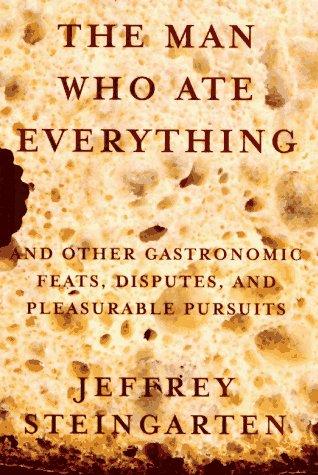The Game (from Z-Man): At the Gates of Loyang is a trading game in which you are able to produce goods by planting them and later selling them to customers. You can use the abilities of some helpers to increase your income or production.
Fields, customers, helpers, and miscellaneous objects are represented by cards. Each player receives two of these cards per round distributed by a bidding/drawing mechanism in which you end up with one of the cards you draw and one of the cards of a public offer filled by all players. Additionally, to these cards you always receive one field for free each round.
Placing one good on a field fills the complete field with goods of this type. Each round, one unit per field is harvested. After planting, harvesting, and distributing cards, each player can use as many actions as he wants, only limited by the number of his cards or the number of goods he owns. At the end of his turn, he can invest the earned money on a scoring track, where early money is worth more than late money. The game ends after a certain number of rounds, and the player who is first on the scoring track wins. -- Board Game Geek Descrption
The Book (by Jeffery Steingarten): When Jeffrey Steingarten was made food critic of Vogue in 1989, he began by systematically learning to like all the food he had previously avoided. From clams to Greek food to Indian desserts with the consistency of face cream, Steingarten undertook an extraordinary program of self-inflicted behavior modification to prepare himself for his new career. He describes the experience in this collection's first piece, before setting out on a series of culinary adventures that take him around the world.
Jeffery Steingarten often sits at the judges' table on Iron Chef America. Dry and sarcastic, my family adopted him as the objective truth about food. If Jeffery applauded a dish, it was certainly delicious. If he scorned it, well then! Eventually, I picked up his book. I now had hundreds of pages, instead of soundbites, of his humor. I was not disappointed. I ended up reading bits aloud to relatives and it circulated among us faster than influenza -- except without any ill side effects (unless you count an obsession with perfect pie crust, which is in actually a blessing, not a curse). I thought the book might only dwell on unobtainable, elitist foods, but the book's a happy mix. I can fantasize about hunting truffles in France, but dig into his expansive ketchup taste-testing methodology.
At the Gates of Loyang is a delightful strategy game. It's in the same series of games as Agricula, but this one (for me) has a cleaner lay-out and more engaging strategies. The mechanics here -- from score-keeping to card distribution to money management -- leave me with exhilarating trade-offs to make. Do I buy that extra prosperity point, or use the cash to buy a vegetable? Do I take that customer, or will I fail a future order and earn disgrace? I'm also fascinated with the game pieces. I love the tiny wooden pumpkins, leeks, and beans.
So, why match these two together? Besides the food element (and the fact I've wanted to highlight both of these for a while), they're both fun. They're bright. The book engages my taste-imagination and gets me excited about life and food. The game likewise, keeps me imagining new strategies to fit new situations, wondering what choice I should make -- there's enough happening that I always feel the game is one step beyond my complete control, but if I ride the rounds well, I'll still come out on top. Also, did I mention there are tiny, wooden leeks? I always want to fire up a grill and cook this after I've played At the Gates of Loyang. Yes, I've made it, and yes, it's delicious. I blame (thank?) Alton Brown for my fixation on leeks.



No comments:
Post a Comment